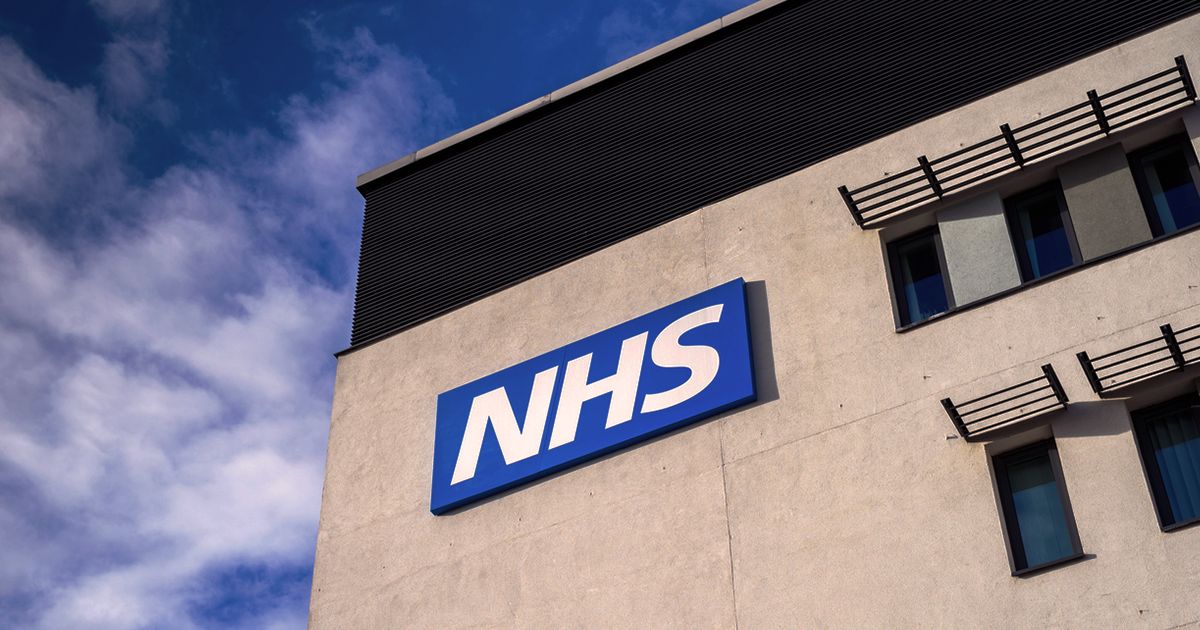The National Health Service refers to the medical and health care facilities provided by the government that everyone living in the UK can use without being required to pay the full cost of the service.
These programs include seeing a doctor or nurse in a doctor’s office, receiving medical assistance and care if you are unwell or injured, and seeing a midwife if you are pregnant.
Also, the NHS offers emergency support services to health-care workers involved in ambulance services. This is only if you have severe or life-threatening accidents or health issues-this may include transportation to the hospital. The benefits of this system stretch far and wide, but today we offer up information regarding the NHS’s top approved mental health apps.

Health Services
Such health services are sometimes referred to as ‘free at the point of use (or delivery)’. For example, this means that any UK citizen may go and see a doctor who can provide diagnosis or care for an illness without requiring the patient to pay for the service during or after the visit.
Instead, most health-care facilities are ‘publicly funded’, which means the government has provided money to pay the doctor for this visit. Much of the money is collected by tax-paying UK citizens.
There is more than one NHS in the UK since the responsibility for health services has been shifted from the Westminster Government to the Scottish Government, Welsh Government, and Northern Ireland Assembly. In Great Britain, NHS England, NHS Wales (GIG Cymru), and NHS Scotland are delivering health care services.
Europe-Based NHS Health Care System
Northern Ireland’s publicly funded health-care service is not formally called the NHS; it is simply called Health and Social Care Services (HSC).
Minister of Health Aneurin Bevan formally opened the NHS on 5 July 1948, at Manchester’s Park Hospital (now Trafford General Hospital). This announcement marked the day when all UK citizens were granted the right by law to access health care provided by physicians, nurses, midwives, and dentists without having to pay directly in England and Wales, Scotland, and Northern Ireland.
The NHS was set up in such a way that everyone shared the responsibility of paying for health care that physicians, nurses, midwives and dentists provided, rather than the expenses that came directly from sick or disabled people.
There were several various health-care schemes in Britain before the NHS. Low-paid employees could rely on the National Health Insurance Scheme (established in 1911) to help pay for medical costs. People were covered by council schemes in some areas, and individual staff took up membership of particular societies to help cover their expenses. But many people also had to pay themselves for some of their treatment, and some people, particularly women and people out of work, had to pay for any treatment they needed directly.
NHS Recommended Mental Health Apps
Beat Panic
Beat Panic is designed to use your phone to help people through a panic attack or increase anxiety.
Anyone having anxiety or panic attacks can use the app. Wherever you happen to be when a panic attack or anxiety happens, it can and should be used.
The Beat Panic software uses a series of cheerful flashcards with reminders intended to help you gently and gently resolve a panic attack.
Big White Wall
Big White Wall is an online forum for depressed, nervous, or low-feeling individuals. The company has an active forum and is sponsored by qualified professionals around the clock.
You can speak to other participants privately and engage with therapists in a group or one-to-one counseling.
BlueIce
BlueIce is an evidence-based technology designed to help young people control their feelings and reduce self-harming impulses.
It includes a mood log, a toolbox of evidence-based strategies for mitigating anxiety, and automated routing to emergency numbers if there is a persistent urge to hurt.
Calm Harm
Calm Harm is one of these mental health apps designed to help individuals resist or control the desire to harm themselves. It is protected by privacy settings and by a password.
Calm Harm is based on dialectical behavior therapy (DBT) concepts. DBT is a form of talk therapy that is often effective in humans with mood disorders.
The app offers activities that enable users to remove themselves from self-harm desires and help them effectively control their “emotional mind”.
Catch It
The Catch It app helps to handle emotions such as anxiety and depression. The app will show you how to look differently at issues, turn negative feelings into constructive ones, and improve your mental health.
Catch It is for those dealing with anxiety, depression, frustration, and uncertainty.
Conclusion
Now you’ve gone over these NHS-recommended mental health apps; use them as you may need. Click here for more health-related tips and information.






























